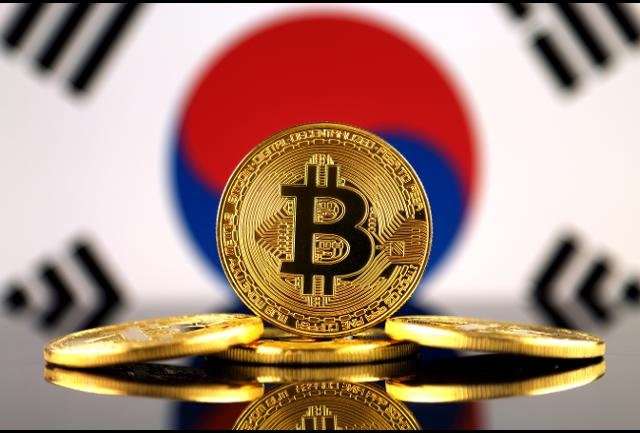Don't panic just yet, South Korean regulators are putting a stop to the rumours that the government is banning all crypto transactions.
The confusion came after local publications quoted a government official saying they are "considering" a ban in the country as a way to cool down the digital currency craze. The announcement follows Prime Minister Lee Nak-yeon's harsh warning that cryptocurrencies might "corrupt the nation's youth." Last month he urged regulators to create a task force alluding to crypto as a gateway to pyramid schemes and speculative investment if left unchecked.
Korea's top financial watchdog, the FSC (Financial Services Commission) Chairman Choi Jong-ku noted that the ministries are in discussion over the extent of trade regulation. As of now, several government groups involved in the virtual currency task force are of divided opinion on the matter-- some in fear of stifling crypto and fintech innovation. But Choi confirmed that any decision to prohibit transactions must have legal basis.
A seed investor in blockchain project ALIS social media, Douglas Crets believes regulation is good, "In the long term chess game of bitcoinization, regulation helps the government ‘process’ what’s happening and it makes it more legitimate for bigger institutional players to put funds into crypto currencies.” South Korea currently bans financial institutions from dealing with virtual currencies.
What is clear though-- the ban on initial coin offering (ICO) remains. And six safeguards are being pushed forth for operating exchanges. Those conditions include confirming the user's real name, submitting proof of income, face-to-face interviews to meet strict Know Your Customer (KYC) policies, and providing cryptographic keys to establish anti-money laundering (AML) systems, as well as separating fiat accounts, supply sufficient investment warnings, etc.
"Regulation of the way in which exchanges work will weed out bad players, and make bitcoin more mainstream," says Crets. Illustrated through price, the country has indeed shown more enthusiasm compared to its peers. At the height, bitcoin was trading at a $3,500 premium in South Korean exchanges compared to the rest of the world. Partly due to the limited liquidity-- supply of bitcoin-- coupled with strong demand from the finance sector, BTC is often propelled to cost about 20% more than the mark-to-market. Still, the country's bitcoin activity only accounts for less than 7% of the currency's global trade.
For the latest on business in Asia, follow me on Twitter @PamAmbler.

inthearenareddit on January 11st, 2018 at 13:07 UTC »
Even though this post is intended to reassure people I think it just creates FUD.
The article is from early December.
This creates uncertainty because people now have to verify if there were changes in the government's stance since December. And yes, there were relevant announcements that are not mentioned here. So a newbie is uncertain and confused - more research is required.
If you mean to argue nothing has changed since December, please do so. Pinning an old article is a little lazy.
aussiebitcoinguy on January 11st, 2018 at 11:37 UTC »
Article from December has no relevance to announcements today. More FUD
Matt872000 on January 11st, 2018 at 10:53 UTC »
This is old news, but the same situation.
Like I said in the other thread, someone made a ton of money of these two announcements.